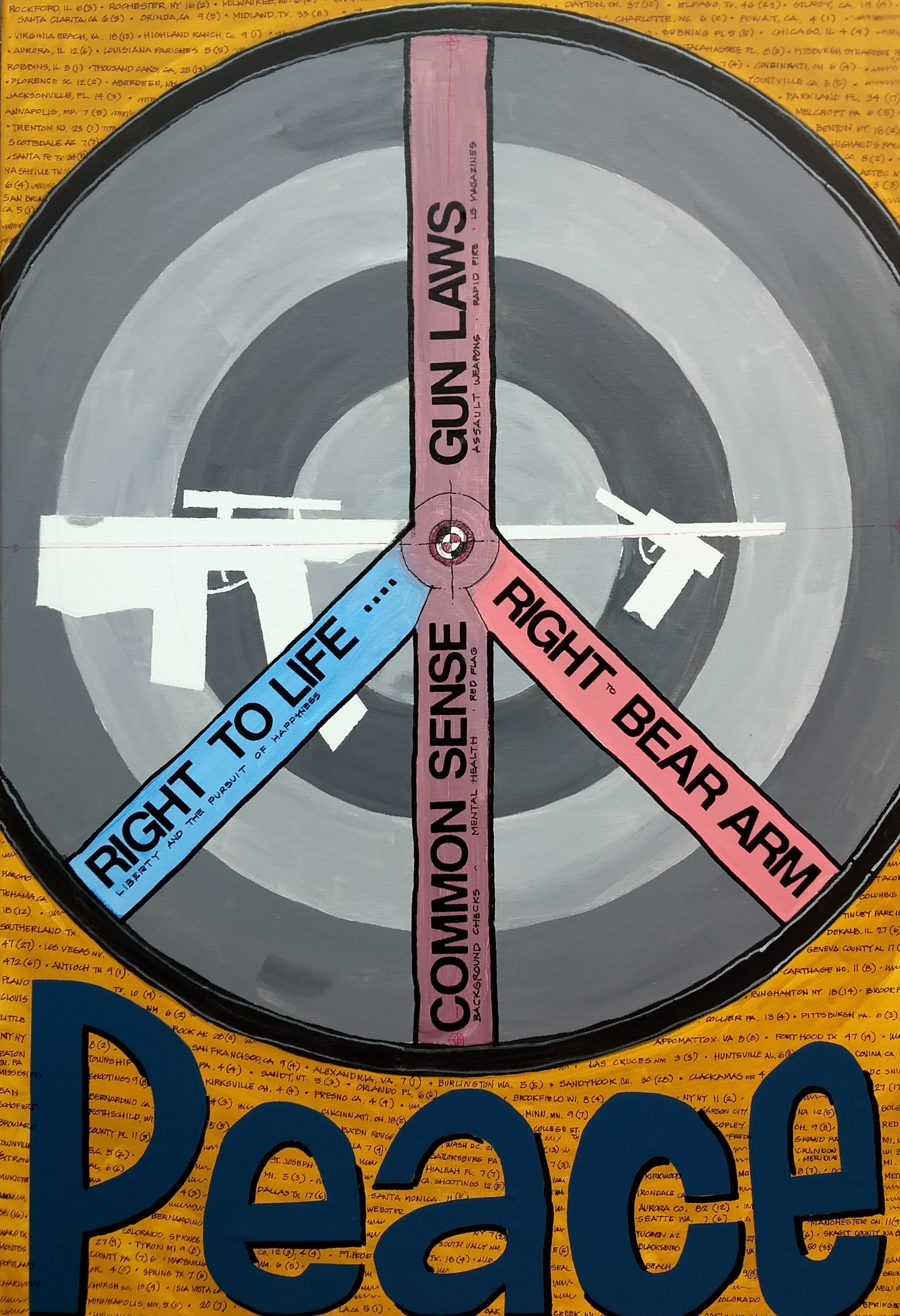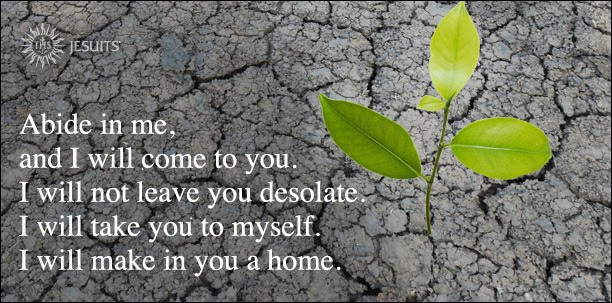The Sixth Sunday of Easter
“Whoever loves me will keep my word, and my Father will love him, and we will come to him and make our dwelling with him.” Jn. 14: 23
Several years ago, I had the joyous task of celebrating the wedding of a niece who told the story of an amazing proposal. It seems that she had been dating a young man for some time and was beginning to get antsy about when he was going to propose to her.
Then one day, this same young man was invited to come to the third-grade class she taught. His purpose was to serve as a “mystery reader.” After he had performed his task, one of the students pulled him aside and reportedly said: “We need to talk.” This precocious student – a third grader no less! – thought it was past time for the mystery reader to propose to his beloved teacher.
So, I’m told, my niece’s boyfriend took this young boy’s advice, tipped the class off ahead of time as to what he was going to do, and, unbeknownst to my niece, walked in soon afterwards while her class was in session, and had the kids pull out signs that read: “I love you. Will you marry me?”
He then got down on his knees, uncovered a beautiful ring, and proposed to their favorite teacher.
My niece was both shocked and elated. The kids were thrilled. Facebook lit up like a Christmas tree. Our whole family was beyond excited. And they now have three beautiful children.
Love.
What else can bring about that kind of response?
I suggest that today’s Gospel involves a similar kind of “proposal.”
The God of mystery, the God of infinite majesty, the God who is Lord of the universe, in effect gets down on his knees in today’s Gospel and says :
“Whoever loves me … my Father will love him, and we will come to him and make our dwelling with him.”
God is telling us – you and me! – that He is one with us, that He wants to “make a home with” us, that He wants to move in, to dwell constantly in our presence, to live with us as someone who has fallen in love.
God is proposing a betrothal, a marriage.
And God is doing it for one reason: because God has fallen wildly, insanely in love with us!
All those ways in which people down through the centuries have tried to use God as a threat, as a policeman, as someone who’s out to get us, as someone who wants to punish us and shame us and wag a finger at us – those people obviously never read these powerfully engaging words from today’s Gospel, words that make it perfectly clear that the God of Jesus has fallen madly, insanely in love with us!
All Jesus asks of us, as any lover does, is faithfulness.
All Jesus wants from us is to respond in kind.
As Jesus will say later in this same Gospel of John:
“Those who love me will be loved by my Father, and I will love them and reveal myself to them.”
Listen carefully to what God is saying to us. These words deserve a lot of reflection:
God will “reveal” himself. He will tell us the most intimate secrets. He will whisper the most loving words. He will offer the most lavish gifts – the gifts of forgiveness and peace and untold joy.
The terrible fear of the earliest disciples of Jesus was that they would be left alone. They would be abandoned. They had grown so close to Jesus. They had learned so much from him. Now they would have to live without his physical presence. As a result, they were frightened. But Jesus says as clearly as he can:
“I will not leave you orphans.”
The fear of abandonment. The fear of being left alone can pull ferociously at the heart of each of us. It’s possibly the greatest fear of anyone who loves another.
That’s why a ring is given as a public sign of commitment and belonging – a constant reminder of togetherness, of being bonded.
The “ring” that Jesus gives to assure his “friends,” as he calls us, is the gift of his Spirit – his Spirit of love and trust and hope.
“I will not leave you orphans,” Jesus promises us. Instead, he will make his “home within us.”
This is what we remember each time we join in a Eucharistic celebration. This is what we experience as we hear again his words of promise and hope and challenge spoken in the readings we listen to every Sunday. This is what we actually do when we receive his body and blood into our own bodies and into our own hearts.
We are taking our Lord and our God into our “homes,” into the deepest part of our selves. We are renewing our wedding vows with the Lord, if you will.
Hopefully, we can then rest assured knowing that we are not only not left abandoned, but we are also treasured; we are not only not left orphaned, we are filled also with his presence.
God’s “proposal” – unlike the one made to my niece a few years ago – is made to each one of us again and again and again:
“Whoever loves me will keep my word, and my Father will love him, and we will come to him and make our dwelling with him.”
Ted Wolgamot, Psy. D.
NOTE:
Very few American Catholic bishops spoke out about the horror of the recent racist mass shooting in Buffalo, NY. One who did was Cardinal Blasé J. Cupich, archbishop of Chicago.
Here are just a few of his words:
“Civil authorities say an 18-year-old suspect traveled hours to carry out his rampage, apparently leaving behind a manifesto filled with white supremacist ideology, including the vile conspiracy theory that people of color are ‘replacing’ white Americans. We must pray for the victims of this outrageous act. But this is not all we are obliged to do. As Christians, we are called to be our brothers’ and sisters’ keepers. Part of that obligation entails being witnesses to truth. When this chapter of American history is written, what will our grandchildren say about what we did to protect the marginalized? What will they say about how we responded to a culture that became increasingly tolerant of rhetoric that demonizes our fellow human beings on the basis of their race or ethnicity or religion or sex? Will they wonder how we could have become inured to daily gun violence and mass shootings, how our consciences were numbed to the consequences of violence-inspiring rhetoric? Will they wonder at our failure to stop dangerous people from procuring assault weapons, including children, or our failure to see how social media is being used to rend the social fabric? What will they think about how we responded to a moment in which a Black American, indeed any person of color, is forced by the scourge of racism to live in fear? These questions should preoccupy our minds as we stand at this cultural crossroads.”







